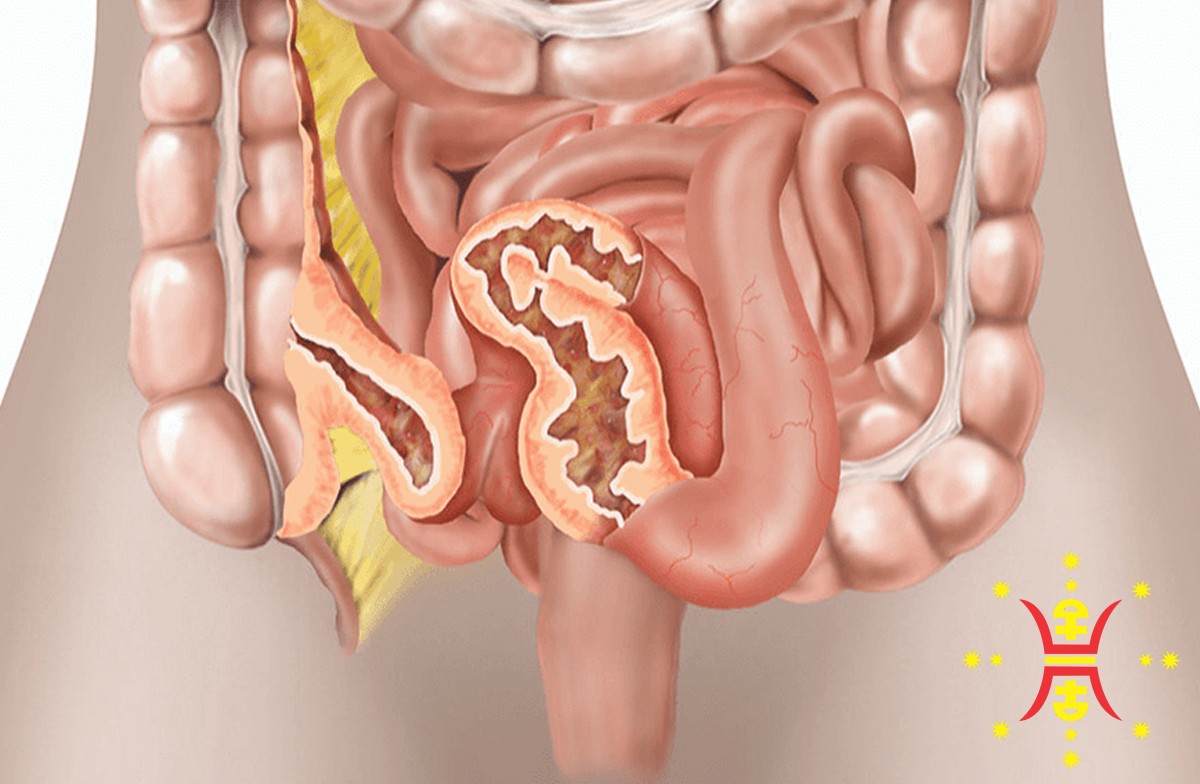Harmony Within: Traditional Chinese Medicine Approaches to Crohn's Disease
In Traditional Chinese Medicine (TCM), Crohn's disease is generally understood as a manifestation of imbalances in the body's Qi (vital energy), Blood, Yin, and Yang. TCM aims to identify and address these imbalances to promote overall health and alleviate symptoms associated with Crohn's disease. It's important to note that TCM is considered complementary to conventional medical treatments for Crohn's disease. Here's an overview:
- Definition in TCM:
- Crohn's disease is viewed in TCM as a disorder of the digestive system, often involving imbalances in the spleen and stomach meridians. It may be referred to as a "Zheng Jia," indicating an inflammatory condition.
- Causes:
- Spleen and Stomach Disharmony: TCM attributes Crohn's disease to imbalances in the spleen and stomach, affecting the body's ability to transform and transport nutrients.
- External Pathogenic Factors: Factors like dampness, heat, or toxins may invade the body, contributing to the development of Crohn's disease.
- Symptoms:
- TCM practitioners consider a range of symptoms, including abdominal pain, diarrhea, fatigue, and weight loss. Tongue and pulse diagnosis are often utilized to identify specific patterns of disharmony.
- Patterns of Imbalance:
- Spleen Qi Deficiency: Weakness in the spleen's ability to transform and transport nutrients, leading to loose stools, fatigue, and poor appetite.
- Damp-Heat Accumulation: Inflammatory symptoms such as abdominal pain, diarrhea with mucus or blood, and a feeling of heaviness.
- TCM Treatment:
- Acupuncture: Points related to the spleen, stomach, and large intestine meridians may be stimulated to promote the flow of Qi and Blood and harmonize the digestive system.
- Herbal Medicine: TCM herbal formulas are often customized based on the individual's pattern of disharmony. Herbs with properties to tonify the spleen, clear dampness, and resolve heat may be included.
- Diet and Lifestyle:
- Dietary recommendations may involve avoiding damp and greasy foods, emphasizing easily digestible meals, and incorporating foods that tonify the spleen.
- Stress management techniques, rest, and gentle exercise may be suggested to support overall well-being.
It's crucial to emphasize that TCM is not a substitute for conventional medical treatments. Patients with Crohn's disease should work with both TCM practitioners and conventional medical professionals to develop a comprehensive and integrative approach to managing their condition. Always consult with healthcare providers for personalized advice and treatment plans.
In Person With Heshoutang Natural Health Members
With Heshoutang Natural Health Online Members
Fill Out the Questionnaire by yourself
When you subscribe to the blog, we will send you an e-mail when there are new updates on the site so you wouldn't miss them.














Comments